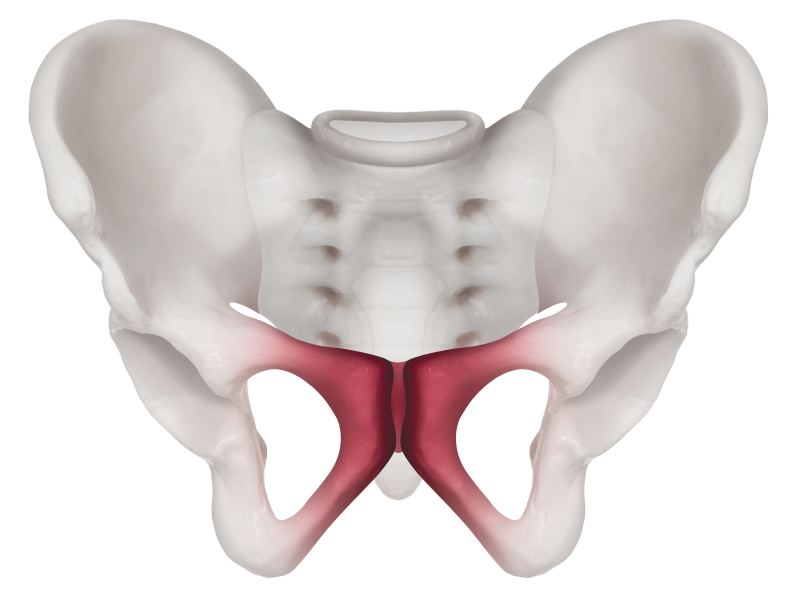Pregnancy leads to many body changes, such as weight gain, fluid retention, and hormonal imbalances. These changes can lead to everyday aches and pains in joints and tendons. Sometimes, these joint and tendon pains can be severe and fail to respond to simple treatments. Moreover, we recommend pregnant women avoid common anti-inflammatory medications such as ibuprofen. We use cortisone injections frequently for typical joint and tendon pain. So, can you get a cortisone shot while pregnant?
What Happens to Your Joints and Tendons While Pregnant
Hormonal changes during pregnancy include an increase in oestrogen and relaxin. Relaxin leads to changes in collagen structure that make ligaments more stretchy or lax. Combined with average weight gain during pregnancy, pregnant women are prone to joint and tendon aches and pains.
Typical Joint and Tendon Problems in Pregnancy
Common musculoskeletal problems in pregnancy include:
Sacroiliac joint pain in pregnancy
Changes to the uterus during pregnancy produce excessive low back lordosis and anterior pelvic tilt. The sacroiliac joints in the buttock resist this forward tilt, leading to pressure on these joints. Management using simple treatments such as a spine brace, soft tissue therapy, and strengthening is effective. Occasionally, some women might need a cortisone injeciton into the joint in severe cases.
Osteitis pubis in pregnancy

This condition is commonly seen in sportspeople and runners. However, pregnant women are also prone to developing pubic symphysis joint pain. In general, symptoms come on gradually, with pain in the pubic area moving to both inner thighs. Occasionally, however, pain can be excruciating, and rest is needed. Simple treatments such as cold packs, soft tissue therapy, acupuncture, and pelvic strengthening are effective. However, in some cases, a cortisone shot while pregnant is useful.
Carpal tunnel syndrome in pregnancy
Hand pain is common in pregnancy, with carpal tunnel syndrome frequently the most common cause. Fluid retention is implicated in pregnancy-related carpal tunnel syndrome and is most common in older women. Generally, symptoms settle a few days to weeks after delivery, although a small percentage have ongoing symptoms.
Overall, simple treatments such as splinting and massage are effective. Sometimes, women need a cortisone shot while pregnant or after delivery. Rarely is surgical release required.
Meralgia paraesthetica in pregnancy
This condition causes burning pain, numbness, and paraesthesia in the region of the front and outside part of the thigh. Trapping of the lateral femoral cutaneous nerve close to the top of the pelvis causes these symptoms. Pregnancy increases the risk by about twelve times.
Simple treatments such as wearing loose-fitting clothes and avoiding carrying heavier children on the affected hip are effective. Generally, symptoms from meralgia paraesthetica resolve after delivery.
Can You Have a Cortisone Shot While Pregnant?
Recent evidence suggested that cortisone during pregnancy could increase the risk of abnormal brain development. However, more recent studies indicate that the risk of cerebral palsy or other abnormal brain development is not increased in pregnant women who have cortisone tablets or one or multiple cortisone shots.
Also, cortisone can increase sugar levels for a few weeks. Therefore, pregnant women with gestational diabetes are more at risk of high sugar levels. However, even in unstable gestational diabetes, we don’t see complications of elevated sugar levels, such as diabetic ketoacidosis after one or multiple cortisone shots.
All in all, a cortisone shot while pregnant is safe for the mother and developing fetus.
Can a Cortisone Shot While Pregnant Harm Your Baby?
No. We think one or multiple cortisone shots do not increase the risks to the mother or fetus. There is no evidence that even a high dose of cortisone increases the risk of abnormal fetal brain development or unstable sugar levels in the mother.
Can I Get a Cortisone Shot While Breastfeeding? Is it Safe?

There is no need to stop breastfeeding if you are planning to have one or multiple cortisone shots. The amount of cortisone that will pass into your breastmilk will be minimal and significantly less than one 40mg tablet of cortisone.



Leave A Comment